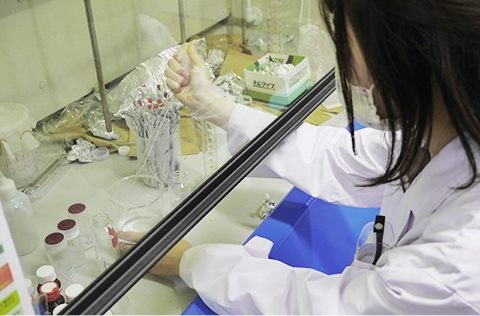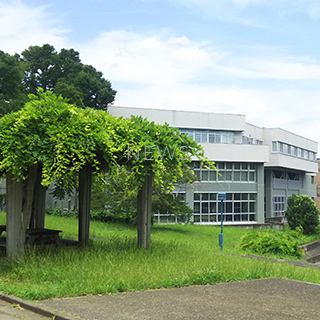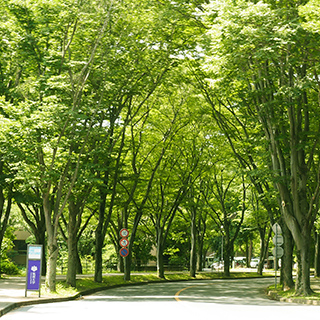About Education
Science and technology have been progressing dramatically, thereby contributing to human development. Basic chemistry has played an important role in recent technological innovations, and new materials developed through chemical research are now in use for commercial applications.
In chemistry, chemical phenomena are investigated at the molecular and electron levels to explore universal principles in nature. Such basic investigations have been developed for creating new chemical compounds, finding solutions for environmental pollution and energy problems, and understanding life phenomena at the molecular level. Thus, in the future, chemistry will be increasingly important.
Most of the graduates from the College of Chemistry go on to graduate schools to enhance their research capability. After that, they work for universities, national research institutes, or the chemical industry engaged in basic research and the development of advanced technology.
Recent News
NEWS
-
2025/12/08
Ms. Mirai Nakahara, HPC Poster Award, the 52nd Symposium on Main Group Element Chemistry
-
2025/12/08
Mr. Mizuki Oyanagi, BCSJ Presentation Award, the Symposium on Main Group Element Chemistry
-
2025/11/17
Mr. Akihiro Nomoto, BCSJ Presentation Award, the 5th Online Symposium on Physical Organic Chemistry for Young Chemists.
-
2025/11/17
Mr. Tomoya Endo, Chemical Science Presentation Award, the 5th Online Symposium on Physical Organic Chemistry for Young Chemists.
-
2025/11/04
Mr. Ryusei Hamano, the Young Investigator Winner (Poster) at the Joint Meeting of 8th Japanese Selenium Research Society and 13th International Symposium on Selenium in Biology and Medicine (Se2025), at Sendai.
Life in the College of Chemistry
Laboratory
Fourth-year students mainly concentrate on their graduate research. In the College of Chemistry, not only basic research concerning structures, properties, reactions, and syntheses of compounds, but also interdisciplinary research from a broader perspective have been carried out in the fields of inorganic chemistry, synthetic inorganic chemistry, analytical chemistry, molecular condensed matter, physical chemistry, organoelement chemistry, supramolecular chemistry, structural biology and chemistry, bioorganic chemistry and medicinal chemistry.
Students are assigned to a laboratory and carry out their graduate research in an active atmosphere under a professor’s leadership while maintaining close contact with faculty staff, graduate students, and researchers from Japanese and overseas institutions. By presenting their research results at laboratory seminars, their graduation thesis presentation, and the conference of the Chemical Society of Japan, they take their first steps as chemists.
MORE







